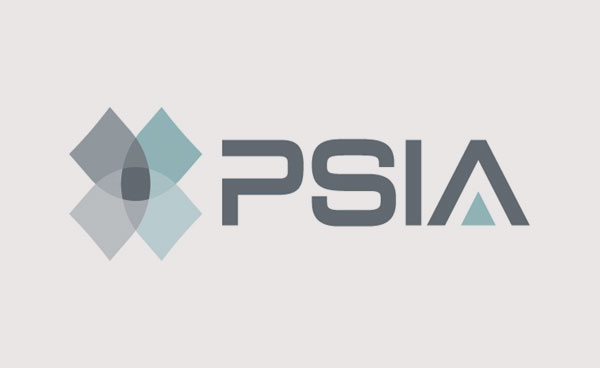
Animated Video Featuring the PSIA’s Public Key Open Credential
Physical Security Interoperability Alliance (PSIA) released a PKOC explainer video to its site.
This video is less than a minute long and demonstrates how the PSIA’s PKOC specification works and will disrupt the access control market.
David Bunzel, PSIA Executive Director, shared,
“We are seeing significant uptake in the market with a growing number of vendors adding PKOC to access readers. We recognized the need to provide some tools so that consultants and integrators can easily demonstrate PKOC to customers. This animation is a simple way to support this.”
While the PKOC specification is less than three years old, already there are commercial customers in government, energy, and commercial real estate specifying and implementing the PKOC specification in products.
In addition to reader manufacturers, there is growing interest in the smart card market. The PSIA is finalizing a companion document, The PKOC NFC Card Specification which will address this critical need.
Bunzel noted,
“Access cards continue to represent the most important means to gain entry to buildings. The PSIA expects this to gradually shift to mobile in the future, but cards will form an effective bridge technology for the future.”
With PKOC, interoperability is simple, the credential is secure with PKI level authentication and there is no cost for a PKOC compatible credential. PKOC is now offered as BLE Mobile and NFC plastic card, proving asymmetric PKI level authentication can be truly portable to all transport modalities.
PKOC is featured in products from ELATEC, Kastle Systems, INID, JCI, Last Lock, rf IDEAS, SAFR Scan (RealNetworks), and Sentry Enterprises.

The PSIA has been active in developing and promoting open specifications that support interoperability in the physical and logical security industries. Industry publication, Security Technology Executive, declares interoperability “The Next Great Phase of Physical Access Control.” visit: psialliance.org
See more articles on: PSIA
Source: psialliance.org

